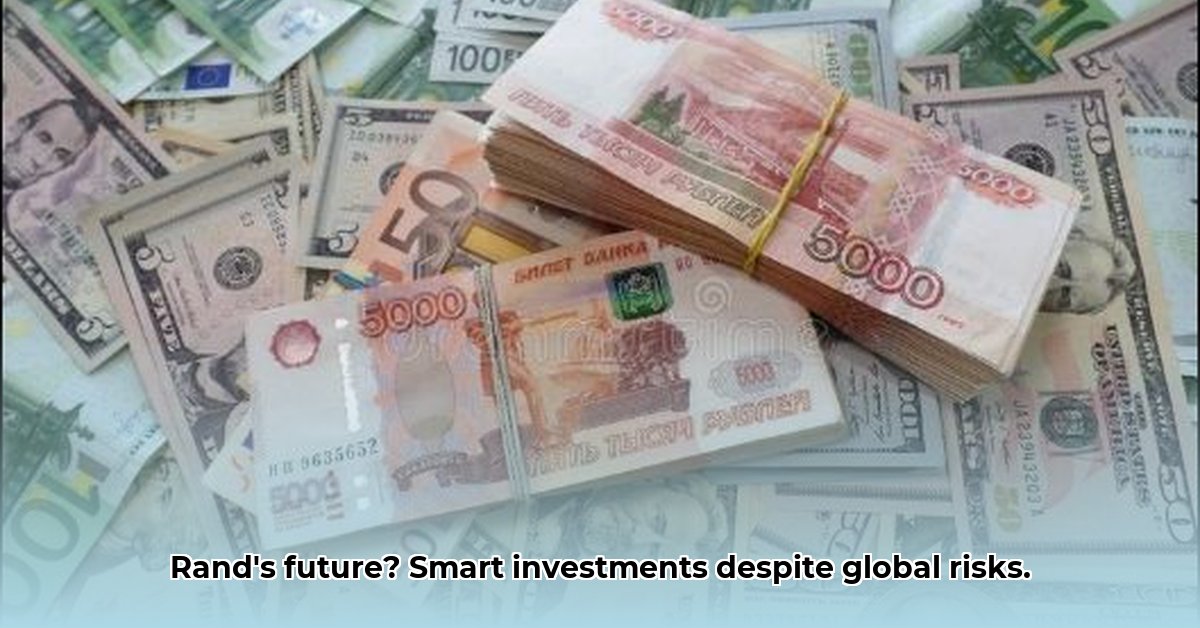
Understanding Ruble Volatility: A Complex Equation
The Russian ruble (roebel koers) has displayed remarkable volatility lately, defying expectations in its fluctuating value. While initially plummeting after the onset of the Ukraine conflict, it surprisingly rebounded at times, even surpassing its pre-war levels. This apparent strength, however, masks inherent vulnerabilities within the Russian economy. Several interconnected factors contribute to this instability. Is it a sign of resilience or a deceptive calm before a storm? Let's dive in.
One significant factor is the impact of Western sanctions. While intended to cripple the Russian economy, their effectiveness has been unexpectedly limited, primarily due to the persistent global demand for Russian energy exports. This robust energy sector continues to generate substantial foreign currency inflows, supporting the ruble's value.
However, the ruble's strength isn’t solely driven by market forces. The Russian government actively intervenes in the foreign exchange market, manipulating supply and demand to maintain a degree of stability. This intervention, while effective in the short-term, limits the ruble's flexibility and increases its susceptibility to sudden shocks. Furthermore, restricted access for international investors further reduces the market's depth and resilience.
Key Takeaway: The ruble's volatility is a complex interplay between sanctions, energy exports, government intervention, and limited market access – creating a uniquely precarious situation.
Stakeholder-Specific Recommendations: Navigating the Uncertainty
The ruble's unpredictable nature necessitates distinct strategies for various stakeholders:
International Investors: Direct ruble investment carries significant risk. Consider diversified indirect strategies such as investing in internationally traded Russian companies through major stock exchanges. However, meticulous monitoring of geopolitical events and Russia's economic indicators remain paramount. "The level of uncertainty is exceptionally high; careful due diligence is essential," says Dr. Anya Petrova, Chief Economist at the Moscow Institute of Finance.
Russian Businesses: Prioritize domestic markets and reduce reliance on imports. Employ robust currency hedging strategies to mitigate exchange rate risks. Diversify business activities beyond energy exports to build greater long-term resilience.
Western Governments: Sanctions’ effectiveness requires continuous evaluation and potential adjustments. International cooperation is crucial to ensure consistent enforcement and minimise unintended consequences. "A coordinated effort is vital to manage the risks and complexities of this situation," notes Mr. David Chen, Senior Policy Advisor at the US Treasury Department.
Russian Government: Maintain robust monetary policy and prudent management of foreign currency reserves. Invest in diversification strategies, reducing dependence on energy exports and attracting foreign investment, both crucial for long-term economic stability.
Risk Assessment and Mitigation: A Proactive Approach
The following table expands on the key risks associated with the roebel koers and outlines practical mitigation strategies:
| Risk Factor | Likelihood | Impact | Mitigation Strategy |
|---|---|---|---|
| Geopolitical Instability | High | High | Diversify investments; develop adaptable risk management plans; scenario planning. |
| Sanctions | Medium | High | Implement flexibility in business operations; explore alternative markets; ensure full regulatory compliance. |
| Circumvention of Sanctions | Medium | Medium | Conduct thorough due diligence on all business partners; maintain transparent operational practices. |
| Energy Price Fluctuations | Medium | Medium | Utilize hedging strategies; diversify energy sources. |
| Capital Controls | High | Medium | Thoroughly understand and adhere to all applicable regulations; meticulous planning. |
Conclusion: Adapting to a Dynamic Landscape
Predicting the ruble's future trajectory is inherently challenging. However, by understanding the factors driving its volatility and implementing proactive risk management strategies, stakeholders can navigate the uncertain environment more effectively. Continuous monitoring of geopolitical developments and economic indicators is critical. Remember, this information is for general knowledge and does not constitute financial advice.